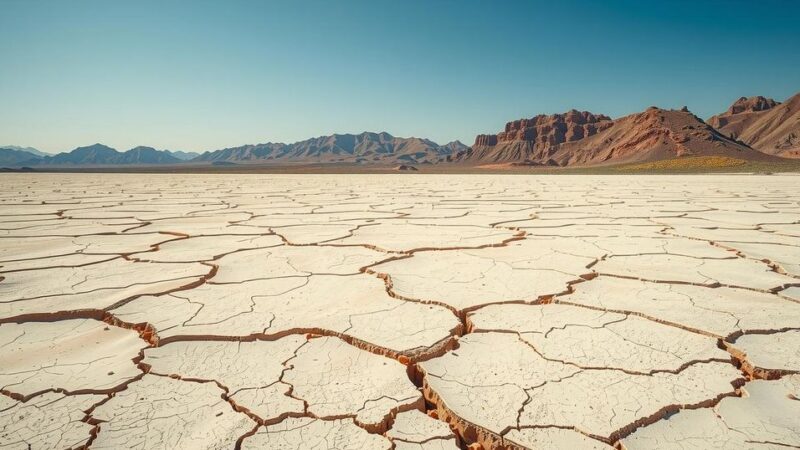Mauritius is a popular tourist destination known for its stunning beaches and luxurious amenities but faces challenges due to overcrowding and high population density. Despite the pressure on local infrastructure, it offers diverse activities in both natural settings and idyllic beaches. The need for sustainable tourism practices has become critical as the island navigates its increasing popularity among travelers.
Mauritius, an island nation celebrated for its breathtaking landscapes, attracts tourists globally with its pristine beaches and luxury resorts. However, the influx of visitors has resulted in significant overcrowding, making Mauritius one of Africa’s most densely populated areas. With a population density of 641 people per square kilometer, it surpasses the United Kingdom (279) and Rwanda (582), highlighting the strain on its environment and infrastructure.
Despite the overcrowding, Mauritius offers diverse activities amidst its natural charm. Popular destinations like Le Morne Beach draw visitors seeking tranquil experiences with stunning views and inviting waters. One traveler noted Le Morne Beach as “the most beautiful beach” they had visited, emphasizing its serene atmosphere and amenities including a popular restaurant, ample parking, and clean facilities.
For those interested in adventure, Mauritius provides exceptional nature reserves like Black River Gorges National Park. This park boasts a wealth of indigenous wildlife and dramatic landscapes, attracting hikers eager to explore its scenic trails. Visitors often commend the panoramic views obtained from short walks throughout the park, reinforcing its appeal as an escape from tourist-heavy areas.
The increasing popularity of Mauritius presents challenges as the island must balance its unique allure with the needs of tourism. While the country remains a magnet for travelers due to its diverse offerings, oceanic tourists and local residents together stress infrastructure and local ecosystems. Consequently, sustainable tourism practices may be essential to protect its environment moving forward.
The growing tourism in Mauritius could influence global travel trends, as tourists seek serene environments increasingly difficult to find. As demand rises, prices for accommodations and services may also increase, leading to a more commercialized experience. This shift may encourage travelers to seek alternative destinations that deliver similar natural beauty without overwhelming crowds, thus impacting Mauritius’ tourism market.
In summary, Mauritius remains a desirable tourist destination despite the challenges posed by overcrowding and high population density. The scenic beaches and nature reserves offer ample opportunities for exploration. However, the tourism industry must adapt to ensure sustainability, balancing visitor experience with environmental preservation. The evolving demand for quieter travel experiences may redefine how Mauritius manages tourism in the future.
Original Source: www.travelandtourworld.com





